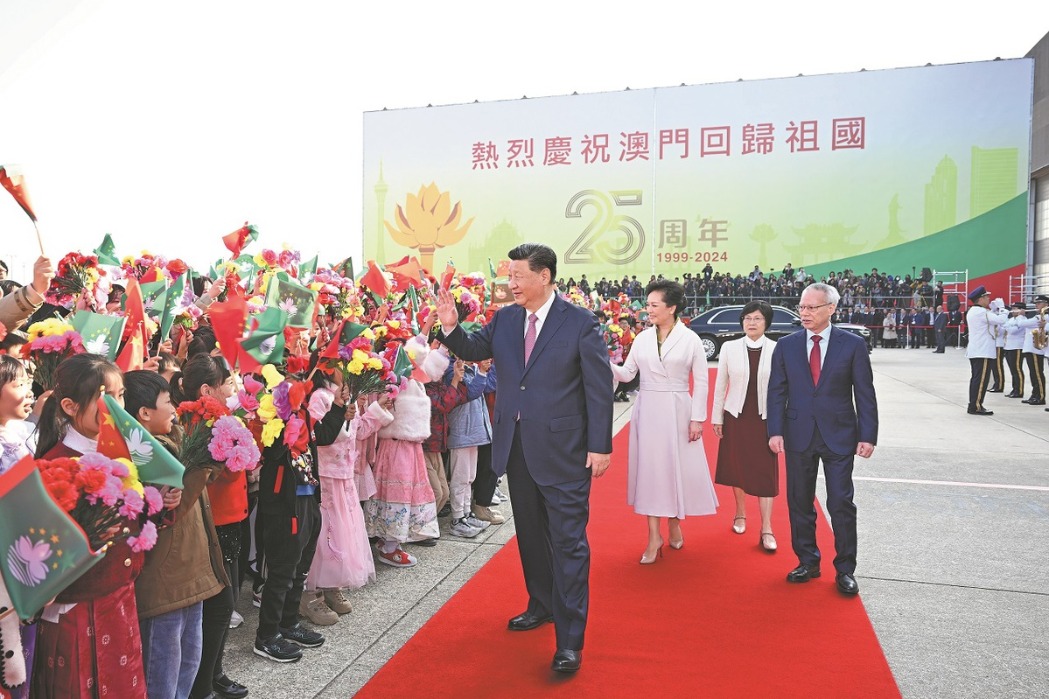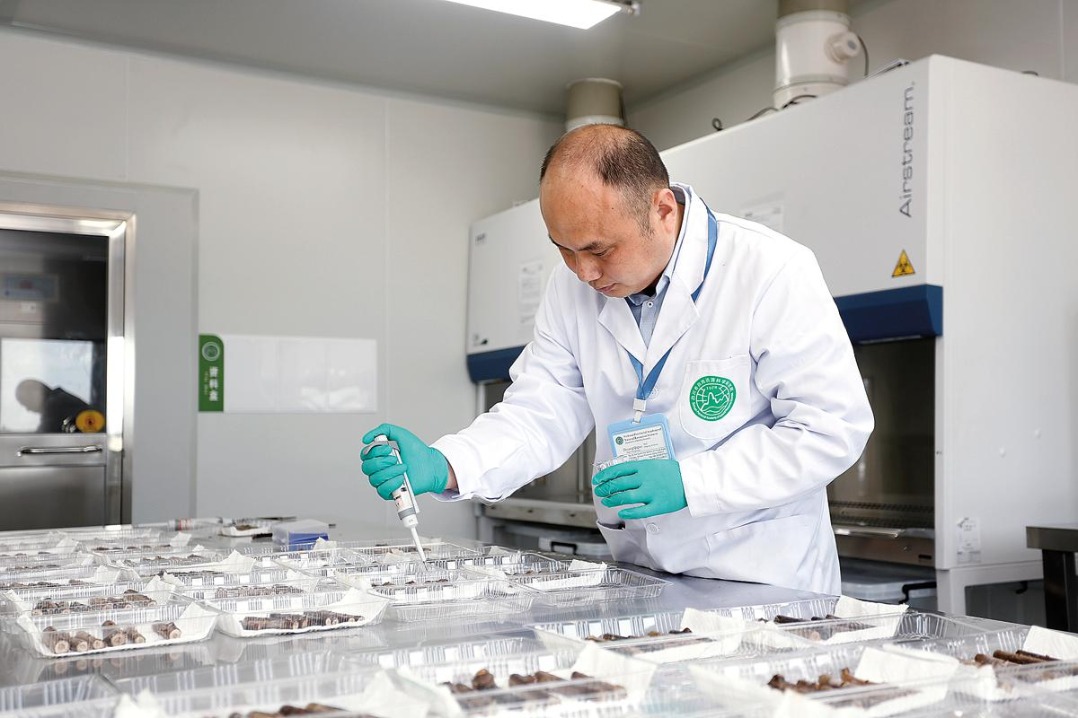Authorities discourage travel, waive refund charges


China's transport authorities are discouraging travel with the aim of containing the spread of COVID-19, including suspending services in risky areas, offering ticket refunds and strengthening the management of front-line workers.
The regulators of the civil aviation, railway and road services sectors have intensified protocols to manage staff who have direct contact with international business, strengthened inspections in transport hubs and enhanced the examination of passengers' health status.
The Civil Aviation Administration of China is requiring all front-line workers dealing with international routes to have a nucleic acid test every two days. Other staff members are required to take tests twice a week, with a gap of more than one day between each test.
Han Guangzu, deputy director of CAAC's flight standards department, said that to avoid transmission of the novel coronavirus, the same workers cannot be used to provide services to domestic and international flights at the same time.
Staff who serve international passenger flights are required to provide services and rest in a certain area and take designated transport vehicles when commuting. Staff in the global freight sector are required to work and rest in a certain area and operate the same equipment.
Han said stricter "closed-circuit" measures for front-line airport and airline workers have also been introduced, which could result in them spending time in quarantine and being kept from their families and communities.
He said a new epidemic control guideline requires stricter health monitoring of contract workers who provide services for international flights, such as airport cleaners and porters. All such workers must report their health status every day, and wear protective clothing and equipment when carrying out their duties.
The administration has asked airline companies to offer a free ticket-refund policy. The policy applies to all domestic flights between Aug 4 and 31, but does not apply to passengers who returned their tickets before Aug 4. Railways have also offered refunds.
National railway operator China State Railway Group has suspended railway services to Beijing from medium- and high-risk areas, including Nanjing and Yangzhou in Jiangsu province, and Zhengzhou in Henan province.
It has also asked railway stations in different places to follow local epidemic control protocols, such as requiring passengers to show a negative result for a nucleic acid test taken in the previous 48 hours before they are allowed to board a train.
Wu Shiping, an official from China State Railway Group, said isolation seats will be provided on trains. If passengers feel unwell on board, they will be placed in isolation seats and go through disinfection, and then be handed over to an epidemic control department at the next stop.
Cross-city bus, taxi and ride-hailing services have been suspended in high- and medium-risk areas, the Ministry of Transport said.
Li Huaqiang, deputy director of the ministry's transportation department, said front-line workers who have direct contact with international cargo businesses must have more frequent nucleic acid tests and implement a "closed-circuit" work schedule.
- China's strong opposition against US arm sales to Taiwan
- Yellow River Basin sees improved ecological environment
- GBA turns into dynamic growth engine for new quality productive forces
- Reproductive health education, fertility services vital to addressing declining birthrates
- China protests against latest US military assistance, arms sales to Taiwan
- 2025 Chongqing Hotpot Carnival celebrates city's spicy cuisines




































